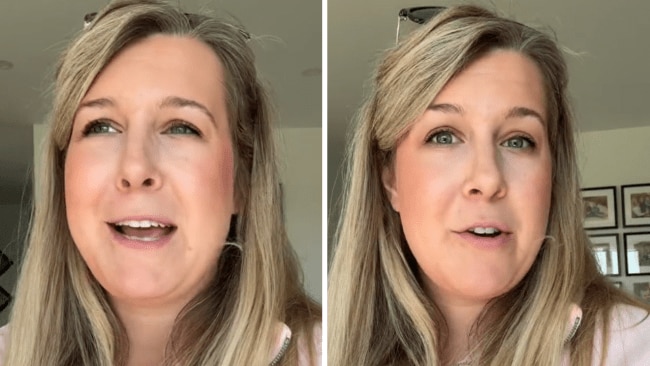How to talk to your kids about the Bondi stabbings
“We want to remind children that they are safe, that no one will be looking to hurt them.”
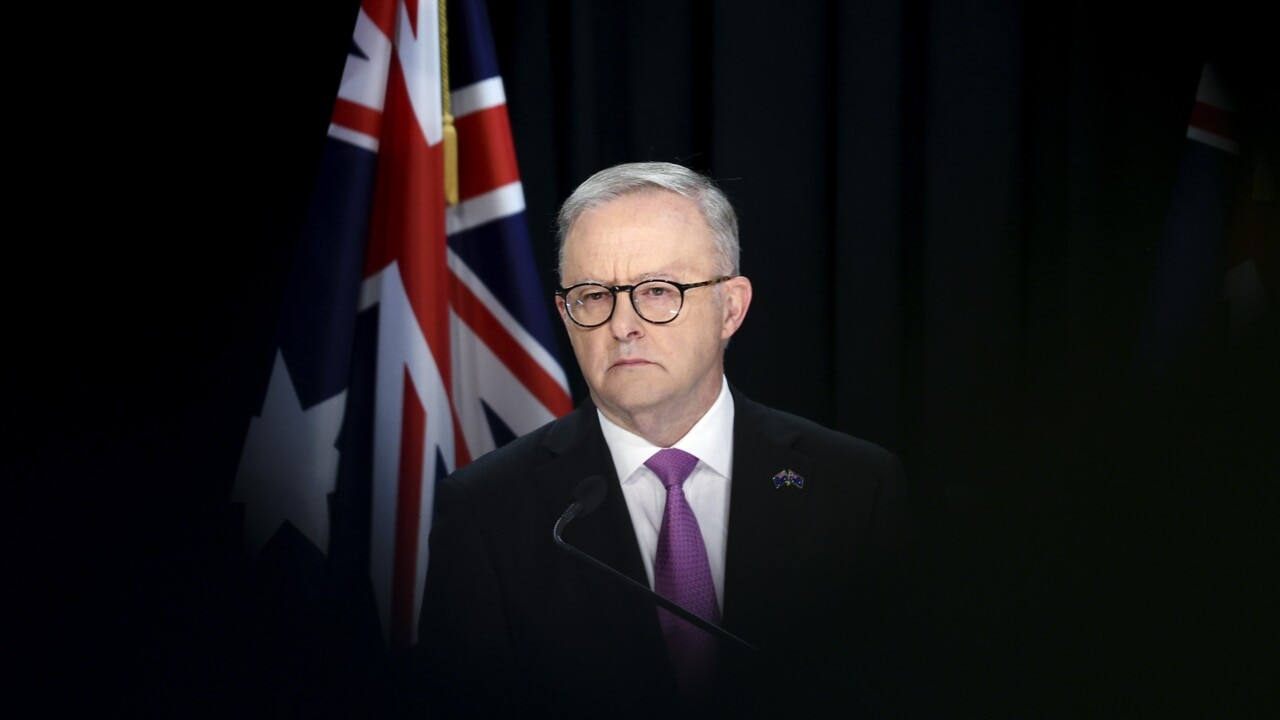
Family Life
Don't miss out on the headlines from Family Life. Followed categories will be added to My News.
The tragic events that unfolded on Saturday afternoon in Bondi Junction are difficult enough for anyone to fathom, let alone young children.
The sight of people fleeing the horrifying scenes is confronting for most to watch, and with tragedy occurring in a popular and bustling shopping centre, Australians are left feeling helpless and shaking with terror.
Now, psychology experts are urging parents to reach out to their kids following the devastating events.
But how can parents approach this situation the right way? And what signs of emotional distress should you watch out for?
Want to join the family? Sign up to our Kidspot newsletter for more stories like this.
RELATED: Faces of a tragedy: Families mourn victims of Bondi Junction attacks
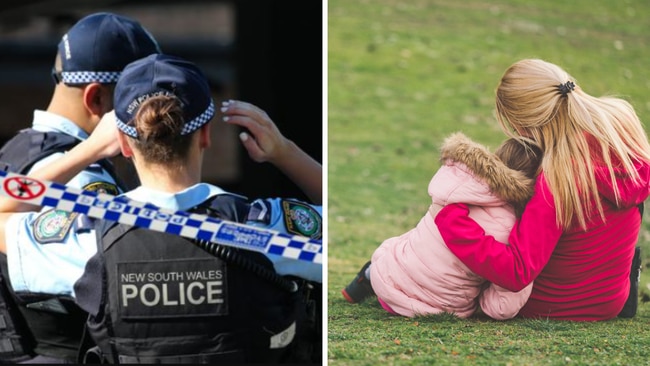
Psychologist recommends “simple” messaging about Bondi tragedy to children
Speaking to Kidspot, psychologist and director of the Australian Association of Psychologists Carly Dober suggested parents explain the situation to their children in a way that doesn’t cause too much stress.
In short, they should keep their messaging “simple” when speaking to children.
“I would encourage parents saying something simple such as: ‘Over the weekend, a man hurt people, some of them died and he also died when police became involved,’” she said.
She also encouraged parents to answer any questions kids may have (which are likely inevitable) with the “correct information.”
If you're worried about how recent events are affecting your child, listen and subscribe to Kidspot's podcast Mum Club. Paediatric Psychologist, Amanda Abel, shares how to speak to children about worrying events and signs to look out for that tell they might be struggling.
“There might be an impulse to not share the news of people dying due to wanting to protect them,” she told Kidspot.
“But keep in mind that everyone at their school will be talking about it and any other spaces they socialise in.
“This is also going to be in the news for quite some time, so it is always best to hear correct information from their parents,” she continued.
RELATED: ‘Bloody legend’: Dad’s heroic act to save young girls from Bondi stabbing

Different messaging for kids of all ages
There isn’t a one-size-fits-all approach to speaking to your children about the tragedy, the psychologist stressed.
“Different age groups have different developmental needs and so you need to explain things in a way that is age-appropriate, but also leave space for them to understand these events in a supportive way,” she told Kidspot.
For young children, she suggested engaging in “some art or play” while explaining the incident.
“Ask them if there is anything they would like to do that would help them to feel better,” she advised. “Stories are also very helpful when explaining things like death to children who may not have ever come across these concepts before.”
Parents of tweens and teenagers are encouraged to give their children “practical information” about the incident, and to “be honest” about the event.
“Sometimes it can be helpful to go for a walk or to have these conversations in the car,” she said.
“Always leave the door open for more questions that they may have, and let them know you may not have the answer to everything.”
RELATED: 'Loving a monster': Bondi killer's parents speak out on son's 'truly horrific' act
RELATED: As a 38-year-old mum, I think how that could have so easily been us
While answering these questions may be helpful, Dober emphasised the news of the Bondi stabbing can lead to a stress response in young children.
Such signs may include “prolonged crying, sadness, fear, nightmares and anxiety, difficulties sleeping and concentrating, confusion and unease,” she said.
While these symptoms will ”usually resolve within days or weeks of the event”, there are crucial ways to handle the situation.
In order to reduce the mental strain the event may have on children, Dober suggested “keeping their routines as normal” as possible.
This means inviting friends over for a playdate and spending more time outside, away from screens.
“It is also really important to minimise their exposure to the story that will be on the news non-stop,” she said.
“I recommend that parents turn the TV off instead of just keeping it on in the background and checking the news only when you need to.”
RELATED: Tragic way man learned his fiancee was a victim of horrific Bondi attack
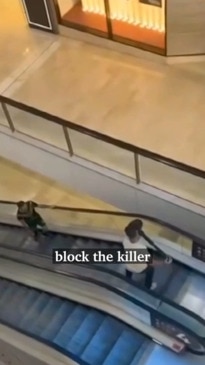
Sydney mum recalls explaining Bondi tragedy to “terrified” teenage son
Sydney parent Nama recalled the horrifying moment she spoke to her 17-year-old son about the tragedy, who was following the entire ordeal as it happened on social media
“As an older child, there's no such thing as shielding him from social media,” she said.
His friends, some of whom were at the shopping centre at the time, were “posting live from the incident” and were understandably horrified by the unfolding events.
“They were terrified and it's just second nature for teens these days to inform people in that way,” she told Kidspot.
“Because I knew that time was crucial, I began speaking to him about the incredible acts of the Bondi lifesaver, the men with the bollards, the men who saved the baby.”
During the attack, two men bravely confronted the attacker, holding up a bollard on an escalator, stopping him from making any further movement. Similarly, a Bondi lifesaver urged a shopkeeper to let him out of a shuttered store in order to help a woman who had been stabbed in the shoulder.
“And of course, the incredible footage of the police officer RUNNING towards the danger - her bravery was gobsmacking,” Nama added.
Nama told Kidspot that she also spoke to her teen son about the importance of mental health, especially among men, after losing a close relative to “significant mental health issues.”
RELATED: ‘Words cannot express our gratitude’: Ash Good’s family breaks silence
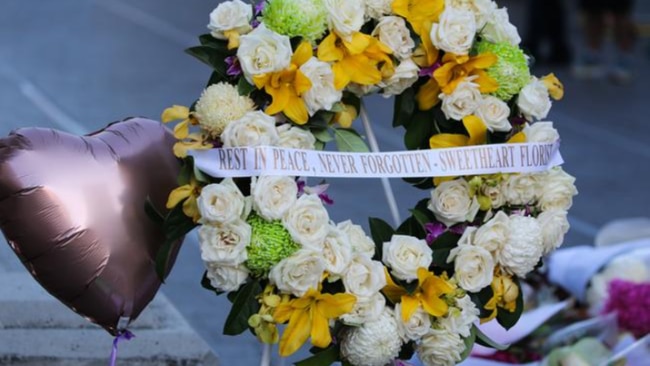
Parents urged to emphasise tragedy was a ”very uncommon experience in Australia”
While parents focus on the best ways to speak to kids about the Bondi stabbing event, Dober suggested avoiding “catastrophic” language that inflames the situation rather than diffuses it.
This includes a statement such as: “The world isn’t safe anymore” or they’re “too scared to go outside.”
“It might be how you feel about the situation, but we do not want to scare children and young people further about this news,” she said.
“We want to remind children that they are safe, that no one will be looking to hurt them.”
“This person isn’t going to try to find them or their friends, which is something that some children might be worried about.”
At the end of the day, she emphasised that “stress responses are expected and normal for all ages on afternoons like this.”
However, “we want young people to know that this is a very uncommon experience in Australia.”
She added it’s important for children to understand and recognise that “the adults around them can protect them and are able to handle whatever they might be feeling.”
“If you or your children are unable to manage this with your existing supports, it is always a good idea to check in with your GP, a psychologist, or a paediatrician.”
More Coverage
Originally published as How to talk to your kids about the Bondi stabbings



